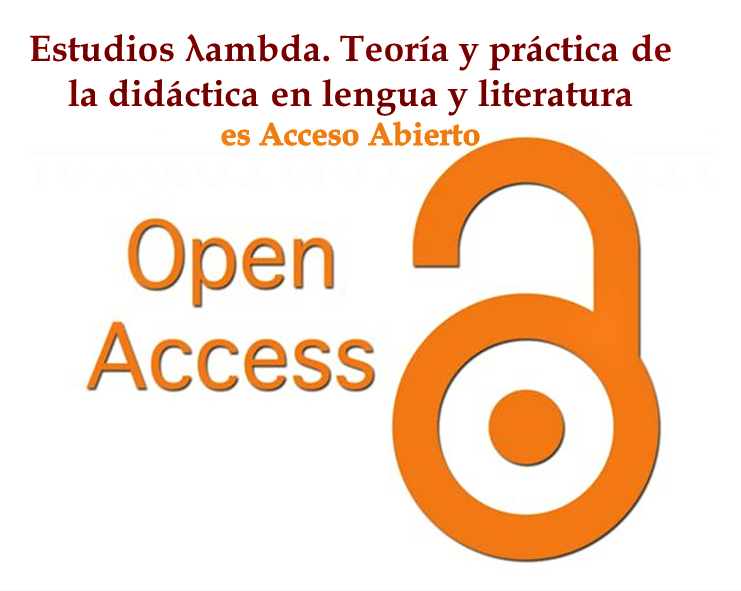Discursive skills in college students. An exploratory study with students of Accounting and Administration at University of Sonora
Discursive skills in college students. An exploratory study with students of Accounting and Administration at University of Sonora
DOI:
https://doi.org/10.36799/el.v1i1.23Keywords:
Reading, writing, learningAbstract
This paper presents the first part of an interdisciplinary project realized by instructors of the Written Language Academy in both the Department of Literature and Linguistics and the Accounting Department from University of Sonora. The overall goal is to examine the reading and writing abilities of undergraduate students in the Departments of Accounting, Administration, Administrative Information, and Marketing. Our main concern starts from a group project observation in order to identify difficulties in reading and writing skills of students while taking these programs. Our premise is that reading and writing are essential tools in the learning process, since it is through them that we acquire, build, and rebuild knowledge. The project was planned in four stages: 1) Building of tools to explore reading and writing skills: a survey, a diagnosis test and the obtainment of results from a student sample. 2) Application of the tools to the representative sample. 3) Reviewing and evaluation of results. 4) Proposals for solutions. Up to now we have arrived to the conclusion that the first three stages of the investigation and the diagnosis shows that the evaluated students’ communication skills are not yet good enough and that it is something that must be taken care of soon, above all considering their academic context. We also present here the results obtained and some proposals and strategies to solve problems found.
Downloads
References
Araoz Robles, María Edith, Patricia Guerrero de la Llata, Rosa Angélica Villaseñor Correa, María de los Ángeles Galindo Ruiz de Chávez y Ana Bertha De la Vara Estrada. Estrategias para aprender a aprender. Reconstrucción del conocimiento a partir de la lectoescritura. 2ª ed. México: Pearson, Universidad de Sonora, 2010.
Calsamiglia Blancafort, Helena y Amparo Tusón Valls. Las cosas del decir. Manual de análisis del discurso. Barcelona: Ariel, 2007.
Carlino, Paula. Escribir, leer y aprender en la universidad. Una introducción a la alfabetización académica. Buenos Aires: Fondo de Cultura Económica, 2012.
Cassany, Daniel. Prácticas letradas contemporáneas. México: Ríos de tinta, 2008.
______. Tras las líneas. Sobre la lectura contemporánea. Barcelona: Anagrama, 2006.
Castro Azuara, María Cristina (Coordinadora). Alfabetización académica y comunicación de saberes: la lectura y la escritura en la universidad. Tlaxcala: Universidad Autónoma de Tlaxcala, 2013.
Inzunza Inzunza, Vicente. Formulación y Evaluación de Proyectos de Inversión. Hermosillo: Universidad de Sonora, 2012.
Martínez, María Cristina. “Un procesamiento multinivel del texto escrito. ¿Un giro discursivo en los estudios sobre la comprensión de textos?” En Quintana, Hilda. (Comp.) Entre libros y papeles. Memorias del Primer Simposio de la Cátedra UNESCO para el Mejoramiento de la Lectura y la Escritura en América Latina, (23-45). Colombia: Universidad Interamericana de Puerto Rico, Cátedra UNESCO. 2004.
Miras, Mariana, Isabel Solé y Núria Castells. “Evaluación en el área de la lengua: pruebas escritas y opiniones de los profesores”. Lectura y vida. Revista Latinoamericana de Lectura. Año 21, no. 2, 2000. Recuperado el 18 enero de 2013 de
http://www.lecturayvida.fahce.unlp.edu.ar/numeros/a21n2/21_02_Miras.pdf
Munch Galindo, Lourdes. Métodos y técnicas de investigación. México: Trillas, 2009.
Parodi, Giovanni. “La comprensión del discurso especializado escrito en ámbitos técnico-profesionales: ¿Aprendiendo a partir del texto?” Revista signos, 38.58. (2005): 221-267. Consultado el 11 de septiembre de 2014. http://dx.doi.org/10.4067/S0718-09342005000200005
Downloads
Published
How to Cite
Issue
Section
License
El autor o autores conservan en todo momento sus derechos morales y patrimoniales sobre la obra; la obra no se puede alterar, transformar o ampliar; siempre debe reconocerse la autoría del documento referido. Ninguna de las modalidades de los documentos publicados en Estudios λambda. Teoría y práctica de la didáctica en lengua y literatura tienen fines comerciales de naturaleza alguna.



